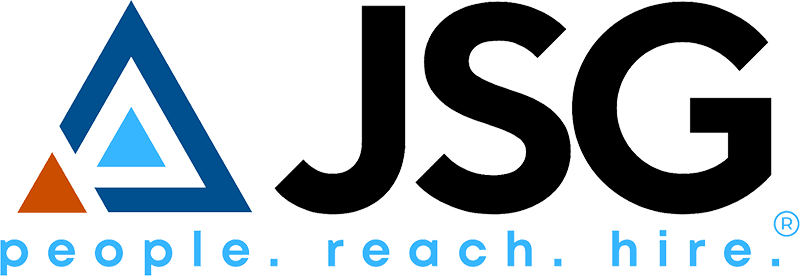If you haven’t been on the job market in a couple of years and you’re thinking of moving on and looking for a new position, you probably need to update your resume. That’s totally normal; most workers don’t regularly update their resume unless they often find themselves searching for new job opportunities.
With the unemployment rate being at a new 17-year low of 3.8%, it’s a candidate-driven market. You’d be silly not to see what other opportunities are out there! But before you start applying for new positions, you must update your resume with your most recent experiences.
But wait: How do you pack all of your new experiences in your resume? What should include and what can be left off your resume? Here are a few tips to effectively add experience to your resume.
Quantify your results
Which of the following statements is more impactful?
- Significantly increased followers on corporate LinkedIn profile
- Increased followers on corporate LinkedIn page by 200 percent, from 10,000 to 30,000 followers
I think everyone will agree that the second statement is more effective. Both examples are trying to convey the same that the candidate increased the fan base of the corporate LinkedIn page. However, the second statement illustrates how well growth was achieved.
Whenever possible, quantify your results and successes. This can be done with percentages, dollars, or numbers. Using measurable accomplishments is much more impactful to a hiring manager, so don’t be afraid to include them!
Consolidate your education
Now that you’re a few years into your career, it’s time to cut back some of your education experience. You haven’t been in school in years, and quite frankly, you no longer need to list your GPA or the courses you’ve taken.
All you really need is your college, the degree you earned, and when you attended school. This will save you valuable space on your resume, which will provide more space to elaborate on your most recent (and relevant) working experience.
Focus on the most recent or relevant
It can be tough to figure out what experiences to include on your resume. When you revise your resume, you’ll likely need to weed out some things out. You want to include the most recent and relevant experiences that will illustrate that you’re qualified for the position you are applying to.
For example, if you are applying for a Project Engineering Manager, you’ll want to highlight all of your work experience that includes project management and engineering. This means you can safely leave off that job as a pizza delivery driver you held during the summer before your senior year. It’s perfectly okay to cut out jobs or internships that will not directly add value to the job you are applying for.
Moreover, you must highlight your job duties and qualifications from each position that is relevant to the position you are applying to. This is especially true if you have a position that may not seem particularly relevant on paper. Your resume is your opportunity to elaborate on some of your duties that would directly correlate with your new prospective position!





